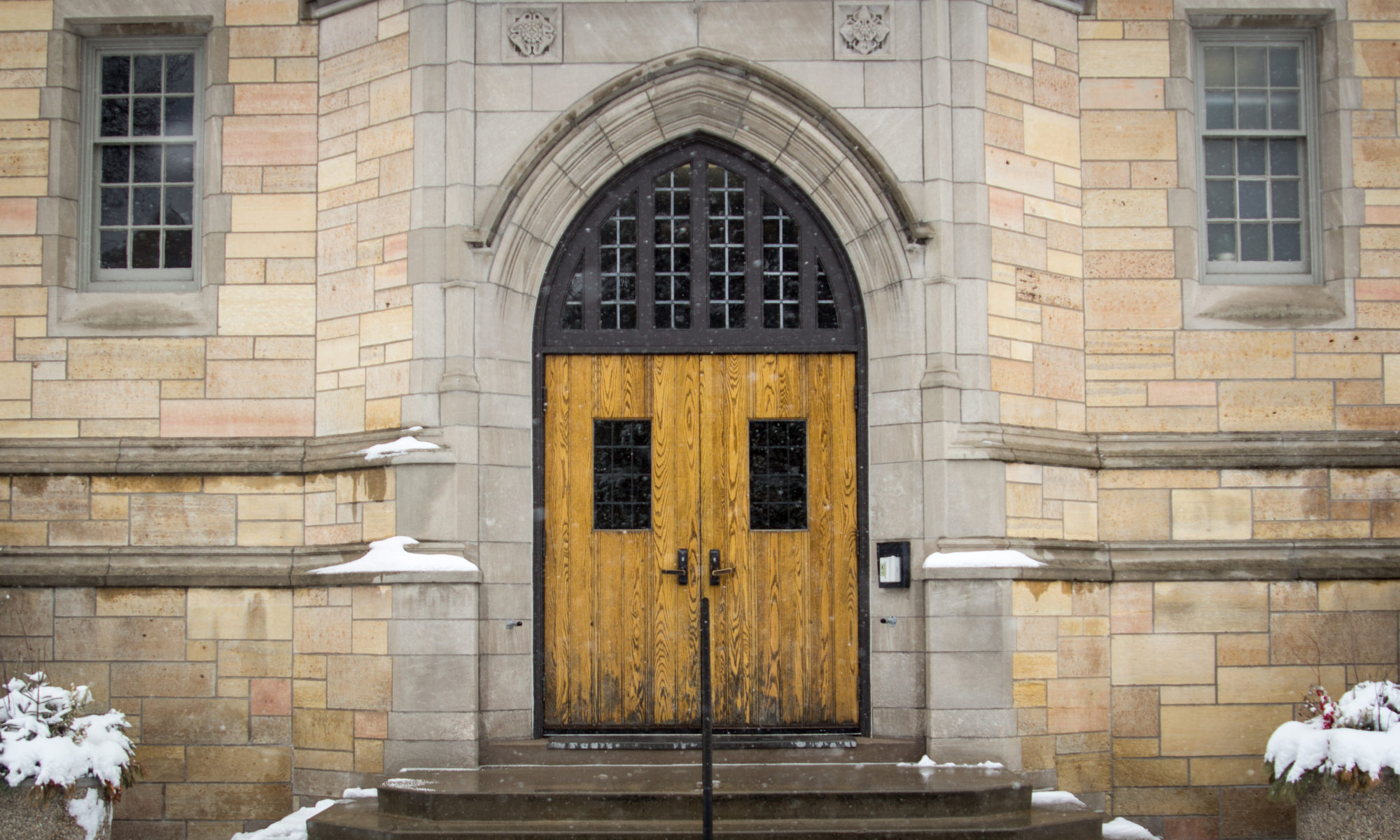 Outside of Aquinas Hall. Despite the university’s decision to move to a test-optional admissions policy, the Aquinas Scholars program will still require standardized test scores. (TommieMedia file photo)
Outside of Aquinas Hall. Despite the university’s decision to move to a test-optional admissions policy, the Aquinas Scholars program will still require standardized test scores. (TommieMedia file photo)
The University of St. Thomas Aquinas Scholars program will still require ACT and SAT test scores despite the university announcing that they will be transitioning to test-optional admissions.
In an email sent to students, the ACT score requirement was highlighted to avoid confusion with the University’s new test policy.
“For students applying as graduating high school seniors, we will still use standardized tests as a benchmark for eligibility to apply,” the Aquinas Scholars directors wrote.
Erica Berglund, an administrative assistant for the Aquinas Scholars program, has been working closely with colleagues to ensure that students who apply still have a fair chance of getting into the program.
“There are deliberate initiatives happening to try and encourage– especially students in underrepresented populations– to apply to the program,” Berglund said.
The program is available to all students who meet the admissions requirements: ACT score of 28 or higher or a SAT score of 1200 or higher and a minimum 3.8 GPA.
For incoming first-years who apply, they will need to list their high school GPA and their ACT or SAT score to be considered for admission into the program. If an incoming first-year student does not want to give their ACT or SAT score, they can apply for the program later in their college career.
For current students who apply, a minimum 3.6 GPA is required. Berglund encourages current St. Thomas students who meet the GPA requirement to apply for the program as well.
“The GPA threshold is 3.6, so even a student who didn’t meet any of the application thresholds as a freshman… and therefore wasn’t able to apply to be in the program, if they receive a 3.6 GPA in their first semester here at St. Thomas they automatically qualify for an invitation so they can apply for the program and join in their second semester,” Berglund said.
Mariah Glinski, a senior and member of the Aquinas scholars board, thinks that although test scores aren’t a holistic representation of a student’s academic capabilities, they are a partial indicator of a students commitment to education.
“You want to make sure that you’re getting students in the program who are really focused on academics and people who are going to succeed well in the program. A lot of times a test score can be indicative of that,” Glinski said.
Although test scores will still be required for consideration, Glinski hopes that doesn’t discourage students from applying to the program.
“It’s a really good community and I think that’s what sets it apart from other honors programs at other schools. I think the big benefit of being in the program is being able to get connected with other students who have the same commitment to academics,” Glinski said.
First-year students who apply and are accepted have the option to join the Aquinas Scholars LLC and live with other Aquinas Scholars and attend events such as ‘Pizza with a Prof’ and the ‘Finals Study Oasis.’
Leila Weah can be reached at weah7721@stthomas.edu.

